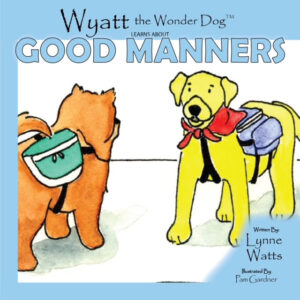The Secret Sauce for a Happy Child
Positive and Negative Feedback
Do you wonder what the key is to having happy children?
Maybe you even wonder about the key to finding happiness in your own life?
Turns out we don’t find happiness… it’s not even related to our circumstances.
Surprised?
The Research on the Happiness Advantage
In Shawn Achor’s book, The Happiness Advantage, he writes about many of the misconceptions about happiness. Turns out happiness is more a function of our perspective on life rather than on the circumstances that we find ourselves in each day. This explains how the child living in deplorable circumstances in a third world country may actually rate himself as happier than a suburban child in the United States living in a relatively rich environment. Surprised again?
How can parents and educators use this information in our everyday encounters with students and children?
The Ratio of Positive to Negative Comments
There are lots of ways to increase our happiness quotient, but one that we can easily impact, is the ratio of positive to negative comments that we share with children. Research shows this is a deal breaker in terms of an individual’s happiness factor.
What if for every negative comment we made, we followed-up with three positive comments?
How would the environment change… or would we even notice?
The Losada Line
It turns out that a lot of research has been done on this very thing by psychologist and business consultant, Marcial Losada. Based on Losada’s extensive mathematical modeling, 2.9013 is the ratio of positive to negative interactions necessary to ensure success.
Don’t worry about getting it just right (ideally a ration of six positives to one negative is best). Just increasing our positive comments can make a substantial difference.
Sounds too easy to be true doesn’t it? Focusing on positive interactions and making sure that we provide a positive environment with more encouragement than negativity can just by itself ensure success. This isn’t about behavior charts or prizes for behavior. It’s also not about generalized praise statements that children quickly see are inauthentic such as, “You are sooo smart!” or You are the best team player ever!” The problem with praise that highlights the result is that it sets the stage for kids to feel like losers when they make a mistake. If they fail a test are they no longer smart? If they don’t score a home run are they no longer a valuable player? If they have a disagreement with a friend are they no longer someone others will like?
Children and adults all perform best when they receive positive recognition for their efforts: “You really practiced hitting the ball and it is paying off!” or “Practicing your multiplication tables is really making a difference in your work!” or “I know you are working on not getting upset when you don’t win a game. You are showing good sportsmanship.”
How often do we as adults, however, feel that our job as parents and teachers is to instruct and correct children when they do something wrong, while positive feedback is nice but not really necessary? How often have you heard someone say, “Why do I have to compliment him on good behavior when that is just what he is expected to do anyway?”
Turns out we can all figure out why from our own lives… positive feedback is important because we all flourish and perform best in a supportive, encouraging environment.
I know I do… what about you?
Wyatt Learns about Good Manners
Wyatt is always wondering about something and lately it is how to get his friend, Max to change his bossy ways. What can he do? Join Wyatt as he considers some rather unusual options until he finally discovers that a heart to heart talk with Max can create a new friendship with an old friend.

